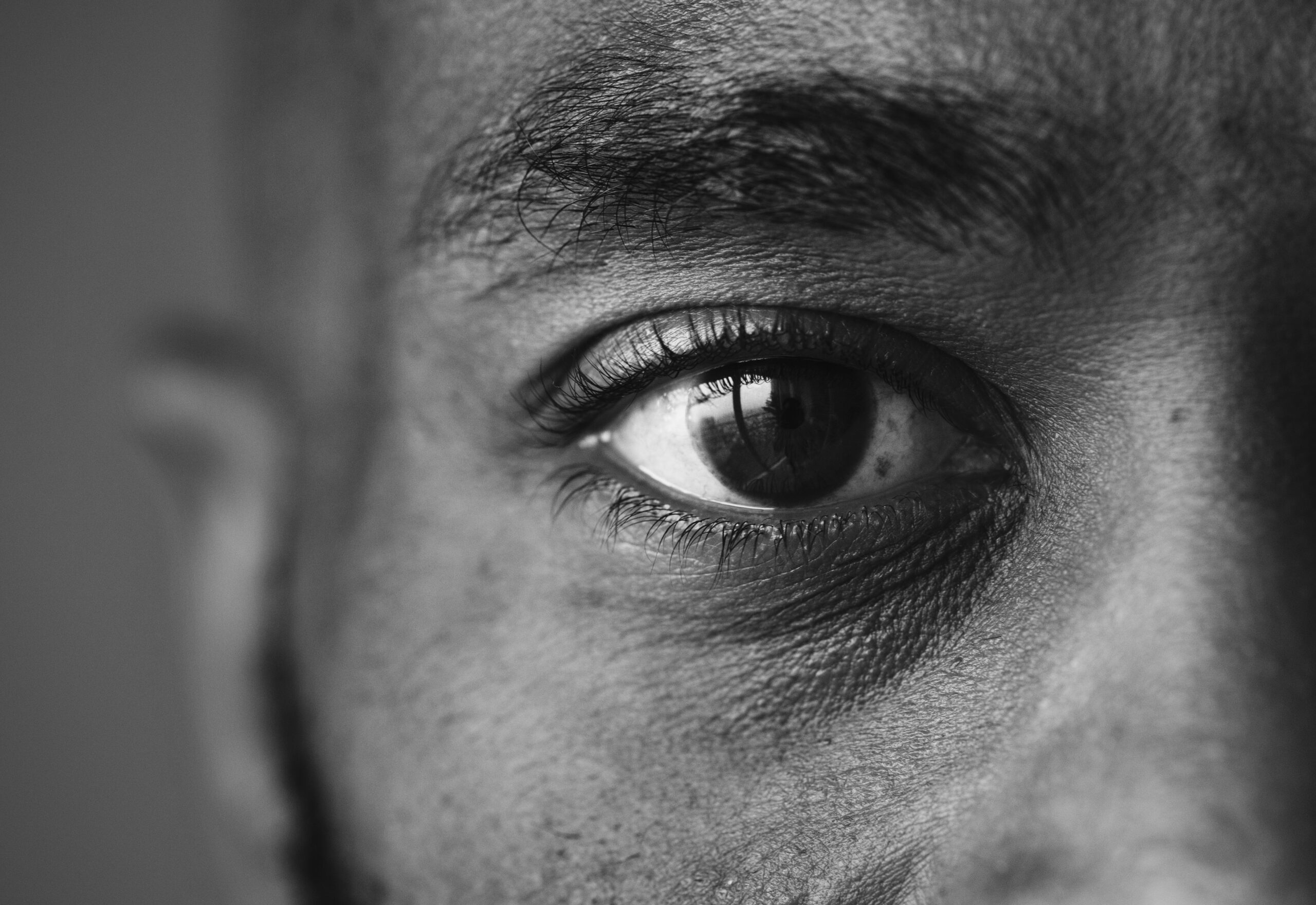-Dr Amit Pandey
Volume 12 Issues 10 October, 2022

Associate consultant Medical Oncology, Apollo Medics super speciality hospital, Lucknow email: vivsonu.pandey@gmail.com
Mental health is essential to overall health and well-being, especially for cancer patients. Per the latest GLOBOCAN data incidence of cancer in India is around 13lakhs new cases (1). The sufferings of cancer disease are from all the strata of society, ranging from rich to poor, child to adult and from young to old. Despite being so widely distributed in all sections of the community, one thing common in all of them is the neglected mental health of the patient. The NCCN (National Comprehensive Cancer Network) 1997 (2) published the first guidelines about psychological care in oncology, but despite that, it is not integrated effectively into cancer care protocols.
A cancer diagnosis brings considerable distress, yet many patients maintain a positive outlook. It is akin to experiencing an assault, accident, or natural disaster. Patients often remember the date and time of their cancer diagnosis and other details such as where it was diagnosed, who said it, and the exact words used. These moments have a lasting psychological impact and may be described as acute stress disorder or post-traumatic stress disorder. Research suggests that 5-10% of breast cancer patients meet diagnostic criteria for PTSD after treatment, with no change in their status over the following year. Other commonly diagnosed psychiatric conditions include depression, anxiety, and stress-related disorders.
Many psychiatric diseases naturally occur in cancer patients, including depression, anxiety, stress-related disorders (e.g., panic, phobias, PTSD), adjustment disorders, delirium, and other neurocognitive disorders. Sexual dysfunctions are also significant yet often overlooked in both men and women with cancer.
Cancer patients’ lives and routines change drastically; they go from working or studying to dealing with numerous doctor visits, hearing technical reports, and making appointments for surgery, blood tests, chemotherapy, or radiotherapy. As they progress through cancer care stages, the trauma response can range from acute stress to more severe PTSD. Adjustment to trauma can become chronic, and patients and their families may experience post-traumatic stress, an altered outlook on life that comes from managing significant stressors. This can even disturb long-term adjustment in many cancer patients and, in some cases, predict better outcomes. Patients often exhibit mixed states of depression, anxiety, and other symptoms, such as difficulty sleeping or following medication regimens. These difficulties can be caused by underlying cancer or chemotherapeutic agents, affecting brain processes like information storage and retrieval.
Psychiatric evaluation should always be coessential routine clinical care for cancer patients. Patients should be screened for any mental illness at the time of diagnosis, before undergoing definitive surgery for the disease, Bone marrow transplant, regularly in between the treatment, at the end of the treatment and very importantly, at the time of disease relapse or progression. Regular evaluations of emotional distress can improve the management and treatment of psychiatric issues, leading to better patient outcomes, satisfaction, doctor-patient communication, and overall oncologic care. Counselling sessions are particularly beneficial for patients with tumours with a more extended treatment duration or a poorer prognosis. Not only patients but families also need proper counselling and help, especially those with young children that have a parent with advanced cancer, including the single parent; those in which couple conflicts affect the whole family; those where a depressed parent has limited coping; and those were dysfunctional patterns are evident such as poor communication, unbridled conflict, or reduced cohesion; these families have limited coping and support mechanisms. Cancer patients benefit from help in improving their coping skills or learning new and more adaptive ones.
A range of interventions is offered, including psychotropics, psychoeducational and psychotherapies. The evaluation of outcomes of psychoeducational interventions indicates consistent if modest, improvement. Education-based group interventions that provide informational support can facilitate the initial adjustment of early-stage breast cancer patients by improving self-esteem, body image, and perceived control and by reducing uncertainty about the illness.
Mindfulness-based stress reduction is an adaptation of Zen Buddhist meditation techniques taught in weekly classes. The focus is on enhancing the ability to live in the moment and tolerate stresses as natural but transient phenomena while more comfortably relating to one’s body and often employing gentle yoga exercises. Such techniques have been used to good effect with cancer patients. Technology-assisted interventions have proven highly effective. A peer-modelling videotape shown to patients shortly after diagnosis produced increased vitality and posttraumatic growth and decreased depression and intrusive thoughts.
A combined home visit and telephone intervention resulted in reduced pain. Computer-based patient support tools provided information, decision support, and interaction with other patients and produced increased knowledge and improved Doctor-patient relationships, enhanced social support. Support groups have been adapted to the Internet with perfect effect. Online-mediated social support for cancer-related fatigue has proven very beneficial as well. Real-time leader-conducted groups for breast cancer patients have significantly reduced depression and pain.
Reference:
- World Health Organization (WHO). Global Cancer Observatory [Internet]. 2022. Available from: https://gco.iarc.fr/
- National Comprehensive Cancer Network [Internet]. 1997. Available from: https://www.nccn.org/




All cancer patients suffer emotional stress.
When I was referred such a patient the oncology Surgeon would ask me not to let the patient know about his Cancer and they kept guising his illness with false hopes. Of course the patient knew about the diagnosis.
instead of working with his disturbed mind I had to also work with the oncologist to be as an honest doctor and thus instill hope at the reality level.
True…100%
All cancer patients suffer emotional stress.
When I was referred such a patient the oncology Surgeon would ask me not to let the patient know about his Cancer and they kept guising his illness with false hopes. Of course the patient knew about the diagnosis.
instead of working with his disturbed mind I had to also work with the oncologist to be as an honest doctor and thus instill hope at the reality level.
Reply